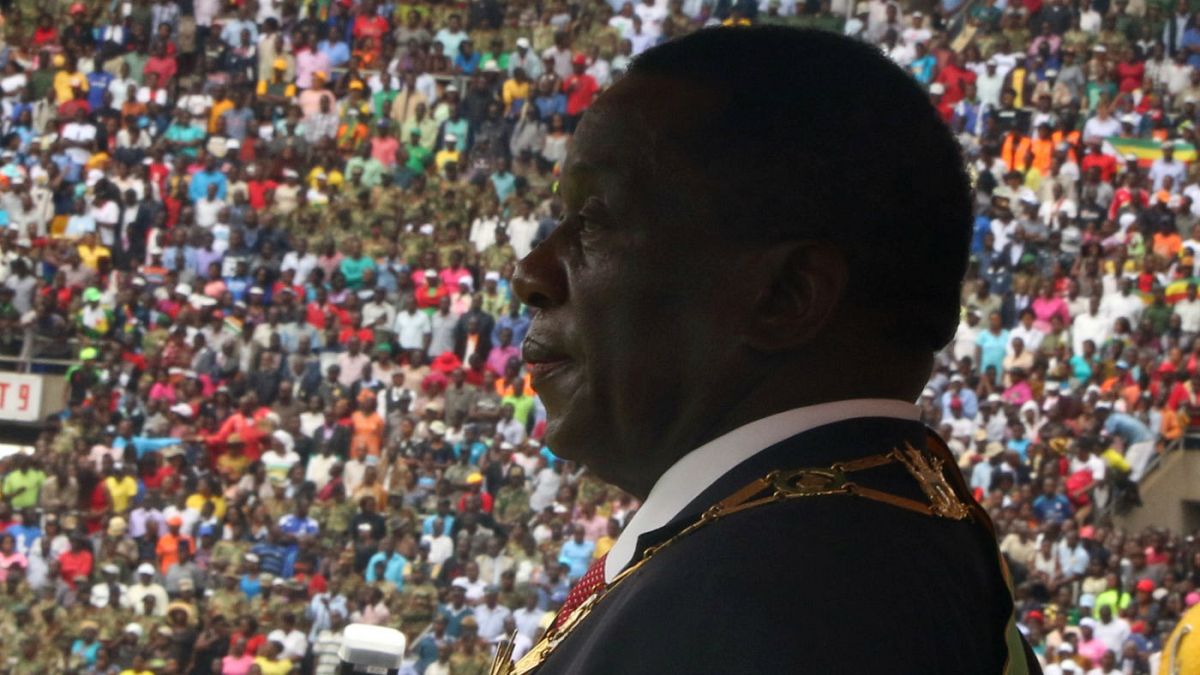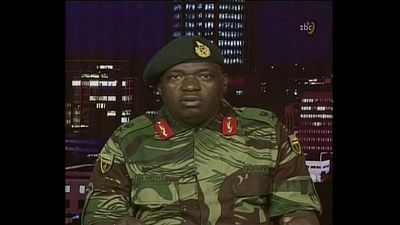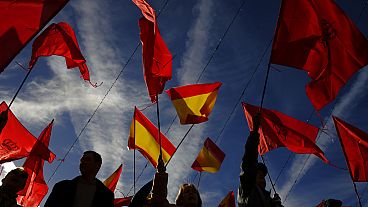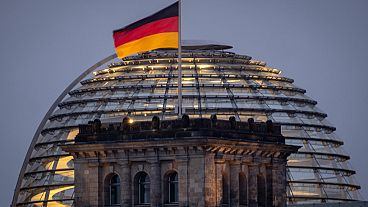Emmerson Mnangagwa, Zimbabwe’s newly inaugurated president, has vowed to revive the country's economy
Zimbabwe’s newly inaugurated president, Emmerson Mnangagwa says their new economic policy will be directed at creating ‘jobs, jobs and more jobs.’
But the International Monetary Fund says “the economic situation in Zimbabwe remains very difficult.”
“The country’s needs to act quickly to rein in high government spending and deal with large international debt it has defaulted on.
Zimbabwe has not been able to borrow from international lenders since 1999 when it started defaulting on its debt, and has $1.75 billion rand in foreign arrears.
An estimated 3 million Zimbabweans are in neighbouring South Africa, and it is routine to find a former schoolteacher working as a waitress at a Johannesburg restaurant.
Tens of thousands of Zimbabweans are in Britain.
And the 13 million who stayed behind in Zimbabwe have coped with an unemployment rate estimated at higher than 80 percent.
Collet Marimo, trained as an engineer but is working as a clothes vendor.
“I had to do this to, in order to, supplement my income, you know, business hasn’t been good for the companies, so basically trying to put food on the table for my family.”
But even for those who have employment, earning money in Zimbabwe’s currency – the bond – poses its own problems.
Reacting to shortages of the US dollar by introducing its own currency for the first time since 2009, in November 2016, the government issued a new currency called bond notes.
The bonds sparked a mix of hope and apprehension among a population desperate for a solution to the cash crisis but in 2008 and 2009 the state’s central bank printed so much of its currency, that the country experienced mind-boggling hyperinflation that reached 500 billion percent, according to the International Monetary Fund.
People’s savings and pensions were wiped out.
The inflation was only brought under control when the government abandoned the Zimbabwe currency and began using the US dollar and several other foreign currencies as legal tender.
Many locals now trade in bonds, finding themselves trapped, and unable to use them elsewhere or change them into US dollars at an exchange rate that doesn’t mean they lose over half the value.
Saki Gumbi used to be a school teacher.
She left the school in 2008 to make more money as a vendor but says all her customers pay in bond notes, and that she can’t buy more stock in Mozambique using the notes as they can’t be used outside the country.
“I can’t buy anything because, once I buy bread for the day, I will be done for the day. Because if I sell the clothes I will be trying to go back to Mozambique and get other bills but when you go to Mozambique, they will say they don’t like the bonds they like the US,” she said.
On Thursday, Zimbabwe’s main opposition called for deep-rooted political reform to dismantle the repressive apparatus that sustained Mr Mugabe’s regime.
The Movement for Democratic Change (MDC) said it was cautiously optimistic that a Mnangagwa presidency would not “mimic and replicate the evil, corrupt, decadent and incompetent Mugabe regime.”
Whilst there is excitement over the new president – how he plans to improve the economy remains to be seen.



